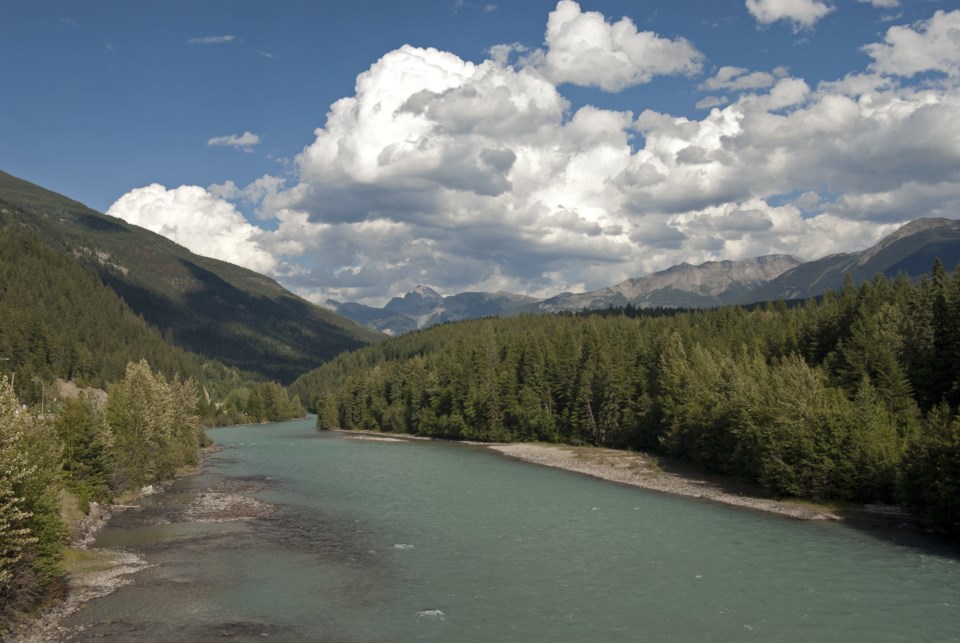Annual floods of historic proportions and unprecedented frequency may be what’s in store for the future of the Fraser River.
New research out of UNBC is predicting a dramatic shift for western Canada’s largest Pacific river, as a steady decline in snowpack will transition nearly half the basin from snow-dominate to a rain-dominate streamflow by the end of this century.
The study shows this will lead to peak annual floods that rival or exceed historic record levels.
“What we have seen so far from the analysis is that in future, especially at the end of the century, the overall dynamics of hydrology is changing substantially,” Dr. Siraj ul Islam, a UNBC environmental science research associate, tells PrinceGeorgeMatters.
“These snow packs melt in spring and that is how we get most of our flows in the river, but in the future, under warming, we can expect more rainfall compared to snowfall. That will change the whole dynamic.”
Islam and Dr. Stephen Déry, a UNBC environmental science professor, co-authored the research which was published in two scientific journals.
The researchers ran a hydrological model for 150 years, from 1950 to 2099 using future climate projections from 21 global climate models. The model shows that warmer climate will see runoff increase substantially in the cold season (fall and winter) at the outlet of the Fraser River and its tributaries.
Islam says the models also capture the intensifying of “atmospheric rivers” which are long, meandering plumes of water vapour often originating over the Pacific Ocean that brings sustained, heavy precipitation to the west coast.
“The intensity of these atmospheric rivers is increasing as is projected by a model,” says Islam. “When the intensity of this is increasing that will bring more rainfall especially to the coastal regions.”
He says whereas snowfall melts gradually, rainfall goes directly to run-off and so this kind of extreme precipitation will induce flooding.
“It means that the frequency of floods are going to increase especially for the Lower Mainland where most of the water accumulates,” says Islam, adding that these changes in the river will also affect wild salmon.
“Whenever there will be changes in flow with timing and magnitude that will affect salmon migration and reproduction.”
He says this research is important for flood management especially in coastal areas, but it also has broad impacts.
“One thing I want people to take away from this research is the impact of climate change,” says Islam. “It is happening, and it is changing the overall hydrology, not just the hydrology but the precipitation. It will indirectly or directly impact the economy of the region as well as human health and many different other resources.”
He also noted that the models used in the research are run on an extreme scenario for greenhouse gas concentration.
“This research is based on this particular scenario, so if you choose a different scenario, for example, if we have different policies and try to reduce greenhouse immersions than maybe the future will be different.”
To learn more about this research, you can read the two studies: Atmospheric rivers increase future flood risk in western Canada's largest Pacific River published in Geophysical Research Letters and Quantifying projected changes in runoff variability and flow regimes of the Fraser River Basin, British Columbia in Hydrology and Earth System Sciences.



